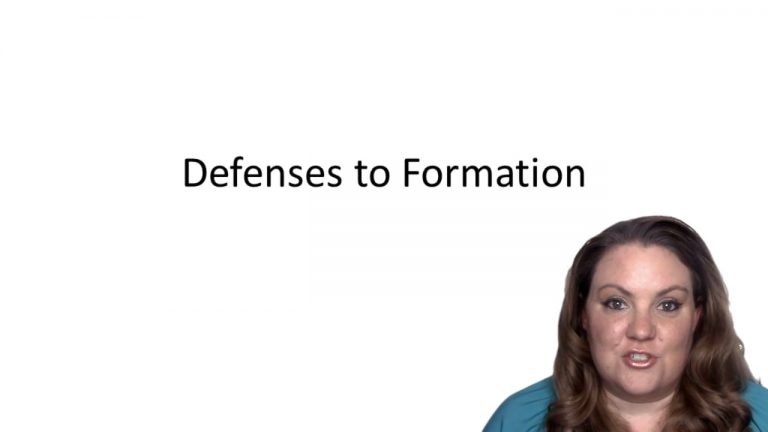SmartBrief
Confirm favorite deletion?
Contracts Keyed to Whaley
Williams v. Walker-Thomas Furniture Co.
Citation:
United States Court of Appeals, District of Columbia Circuity, 1965. 350 F.2d 445.
ProfessorMelissa A. Hale
CaseCast™ – "What you need to know"
Facts
Walker-Thomas Furniture Co. (Defendant) was a retail furniture store in the District of Columbia. Williams (Plaintiff) purchased a stereo set and numerous house-hold items from the defendant, for which payment was to be made in installments. The terms of each purchase were contained in a printed form that set forth the value of the purchased item and stated that the item would be leased to the plaintiff for a stipulated monthly rent payment. The contract also included a provision whereby every time a new item was purchased, the balance would be due on all previously leased items by the customer. This meant that if the customer defaulted on their most recent purchase, the the defendant could repossess the item. Defendant routinely entered into such agreements with its customers. The plaintiff defaulted on her payments to defendant, and Walker brought suit to recover the amount of the stereo as well as other items the plaintiff had purchased.
Only StudyBuddy Pro offers the complete Case Brief Anatomy*
Access the most important case brief elements for optimal case understanding.
*Case Brief Anatomy includes: Brief Prologue, Complete Case Brief, Brief Epilogue
- The Brief Prologue provides necessary case brief introductory information and includes:
Topic:
Identifies the topic of law and where this case fits within your course outline.Parties:
Identifies the cast of characters involved in the case.Procedural Posture & History:
Shares the case history with how lower courts have ruled on the matter.Case Key Terms, Acts, Doctrines, etc.:
A case specific Legal Term Dictionary.Case Doctrines, Acts, Statutes, Amendments and Treatises:
Identifies and Defines Legal Authority used in this case.
- The Case Brief is the complete case summarized and authored in the traditional Law School I.R.A.C. format. The Pro case brief includes:
Brief Facts:
A Synopsis of the Facts of the case.Rule of Law:
Identifies the Legal Principle the Court used in deciding the case.Facts:
What are the factual circumstances that gave rise to the civil or criminal case? What is the relationship of the Parties that are involved in the case.Issue(s):
Lists the Questions of Law that are raised by the Facts of the case.Holding:
Shares the Court's answer to the legal questions raised in the issue.Concurring / Dissenting Opinions:
Includes valuable concurring or dissenting opinions and their key points.Reasoning and Analysis:
Identifies the chain of argument(s) which led the judges to rule as they did.
- The Brief Prologue closes the case brief with important forward-looking discussion and includes:
Policy:
Identifies the Policy if any that has been established by the case.Court Direction:
Shares where the Court went from here for this case.
Topic Resources

 6m 28s
6m 28s